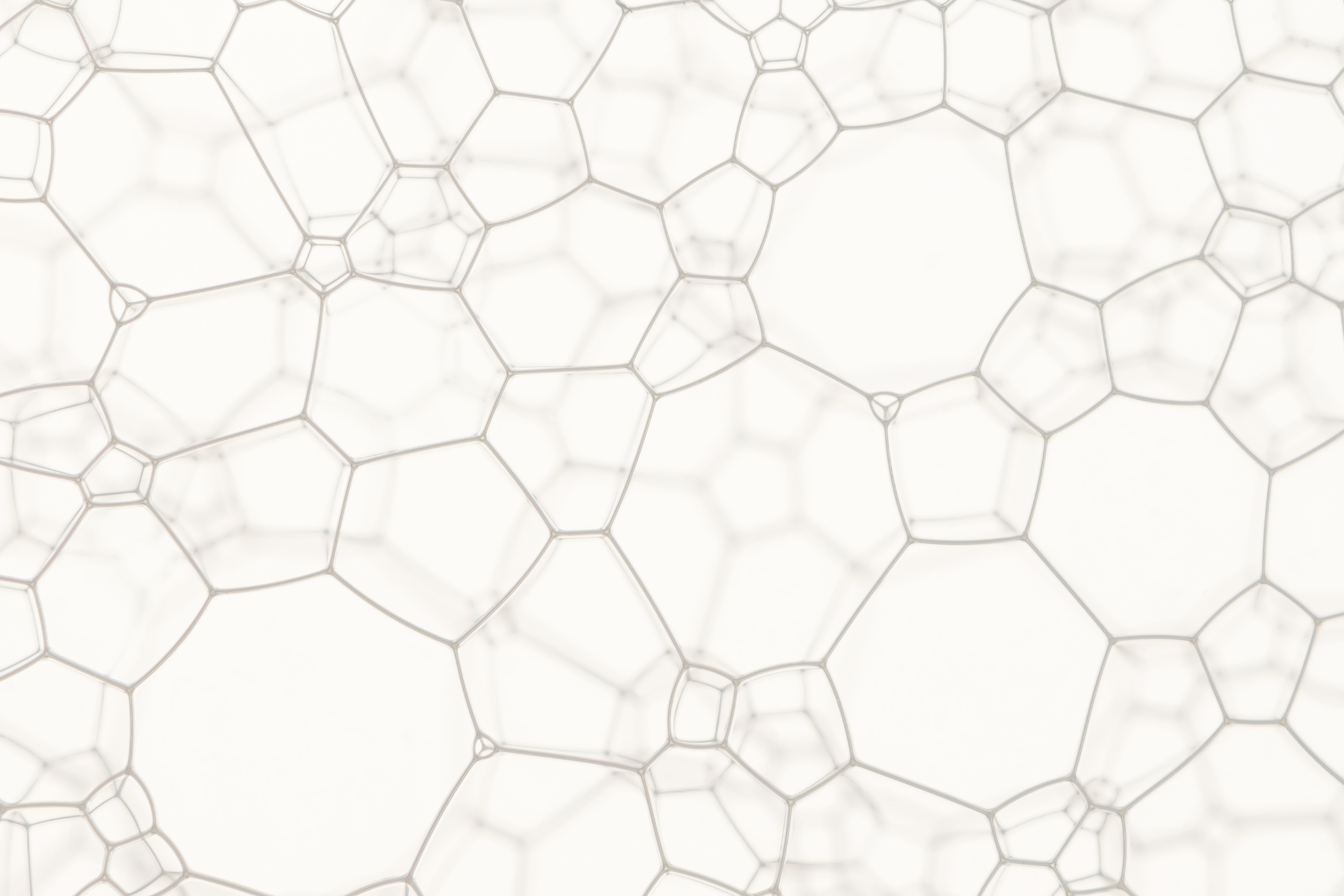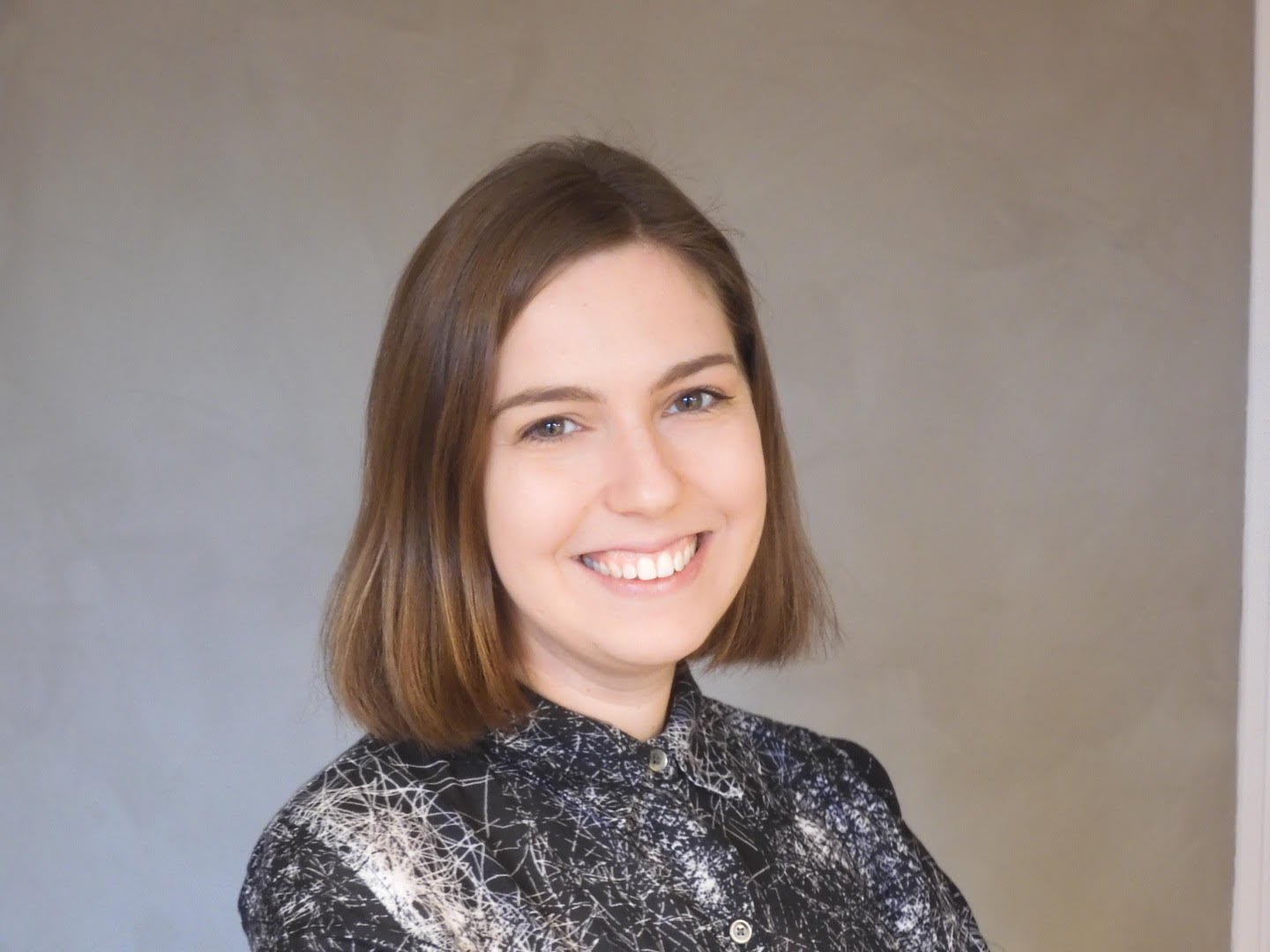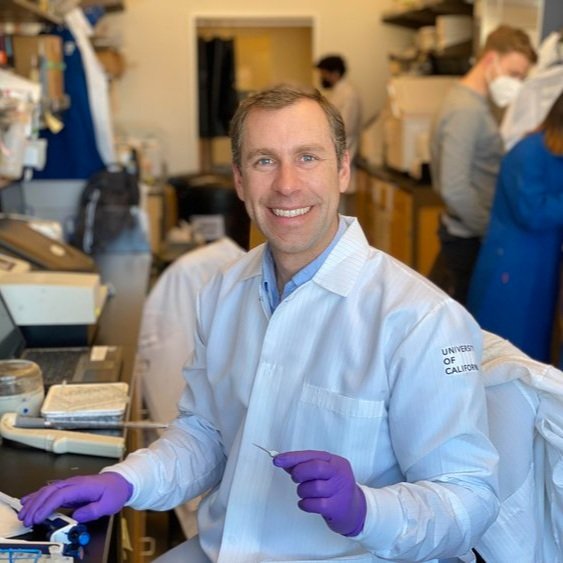
Michelson Prizes laureates are distinguished scientists that have been recognized for their research and work to chart the future of human health.
Camila Consiglio, Ph.D., Assistant Professor
Michelson Prizes: Next Generation Grants | 2021 Winner
Dr. Camila Consiglio’s research attempts to separate sex hormone effects from sex chromosome effects by studying a unique cohort of people: individuals undergoing sex-re-assignment therapy with sex hormone treatment.
Postdoctoral Research, Karolinska Institutet | Assistant Professor, Lund University - Sweden
Paul Bastard, M.D., Ph.D.
Michelson Philanthropies & Science Prize for Immunology | 2022 Grand Prize Winner
The COVID Human Genetic Effort recruited patients with all clinical outcomes, ranging from silent infection to lethal disease. Dr. Paul Bastard and his team searched for both inborn errors of immunity (IEI) and auto-immune phenocopies of these IEIs.
Postdoctoral Research, Imagine Institute (University of Paris and INSERM) | Rockefeller University (New York, USA)
Lisa Wagar, Ph.D., Assistant Professor
Michelson Philanthropies & Science Prize for Immunology | 2022 Finalist Winner
Dr. Lisa Wagar and her team recently developed an immune organoid platform derived from primary tonsil tissues, a lymph node-like secondary lymphoid tissue, to support in vitro analysis of human adaptive immunity.
Wagar Lab | Assistant Professor, Department of Physiology and Biophysics, University of California, Irvine
Scott B. Biering, Ph.D.
Michelson Philanthropies & Science Prize for Immunology | 2022 Finalist Winner
To determine how anti-NS1 antibodies protect against flavivirus infection and how NS1 triggers pathogenesis, Dr. Scott Biering and his team solved a crystal structure of a protective and cross-reactive monoclonal antibody 2B7 in complex with dengue virus NS1.
Postdoctoral Scholar, University of California, Berkeley
Michael Birnbaum, Ph.D., Assistant Professor
Michelson Prizes: Next Generation Grants | 2020 Winner
Dr. Michael Birnbaum studies “elite controllers”—those rare individuals with HIV who can go for long periods without antiretroviral therapy—to identify optimal vaccine targets for stopping the virus.
Assistant Professor, Department of Biological Engineering, MIT
Danika Hill, Ph.D.
Michelson Prizes: Next Generation Grants | 2020 Winner
Dr. Danika Hill is using strep A bacteria to identify the specific antigens that trigger the immunity protections of our bodily fluids.
Research Fellow, Department of Immunology and Pathology, Monash University, Melbourne, Australia







